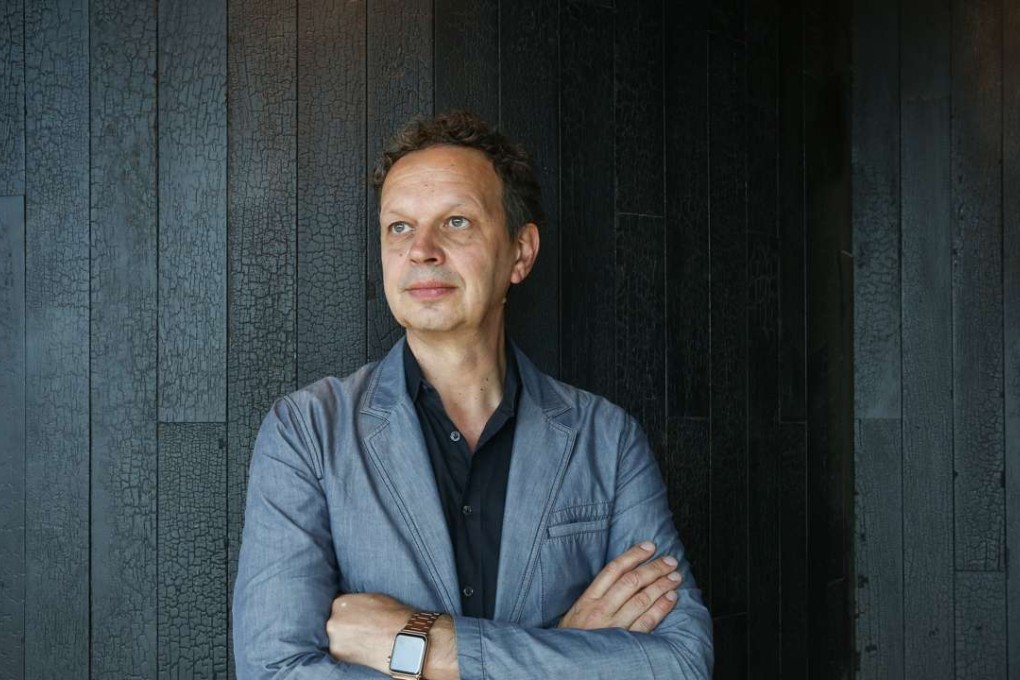How Tom Dixon became a designer by accident, and why he’s growing furniture underwater
The British furniture, lighting and accessories designer has always been ‘making and selling things’ but he still struggles to see himself as a ‘proper designer’

OUT OF AFRICA I was born in Sfax, the second city of Tunisia. My father was a teacher: he’d just graduated and went to teach English in a university. That’s where he met my mum, who was half French.
I spent my first four years in North Africa – Tunisia, Morocco, Egypt and Suez – and then we moved to Huddersfield (in northern England), which was a bit of a culture shock. I went to what was at the time a fairly rough comprehensive school, Holland Park. It was famous as an experiment in education. Kids were going wild and there wasn’t a great deal of teaching, but there was a great art department. That’s where I took refuge.
Ceramics provided my first encounter with the transformational nature of design, without my even realising it. Somewhere in that couple of years of mucking around with clay, I got the idea that you can transform materials into something more precious. That’s still what I do.

SCHOOL OF FUNK I left school not knowing what to do. I spent six months at Chelsea School of Art, which didn’t agree with me at all. I had a motorbike crash and broke my leg. I was in a band (funk-disco group Funkapolitan) – at a time when everybody was in a band, like everybody’s a DJ now – and we became local celebrities in London. We signed a record deal and went on tour as a supporting act for Simple Minds, The Clash, Ziggy Marley …
We’d been to New York and we’d seen the beginnings of hip hop. We bought a load of records and started playing them in a club. It was a great way of making a living just by doing Friday and Saturday nights, and it left the days free for other things. One of those things was welding. From that grew a whole business.
